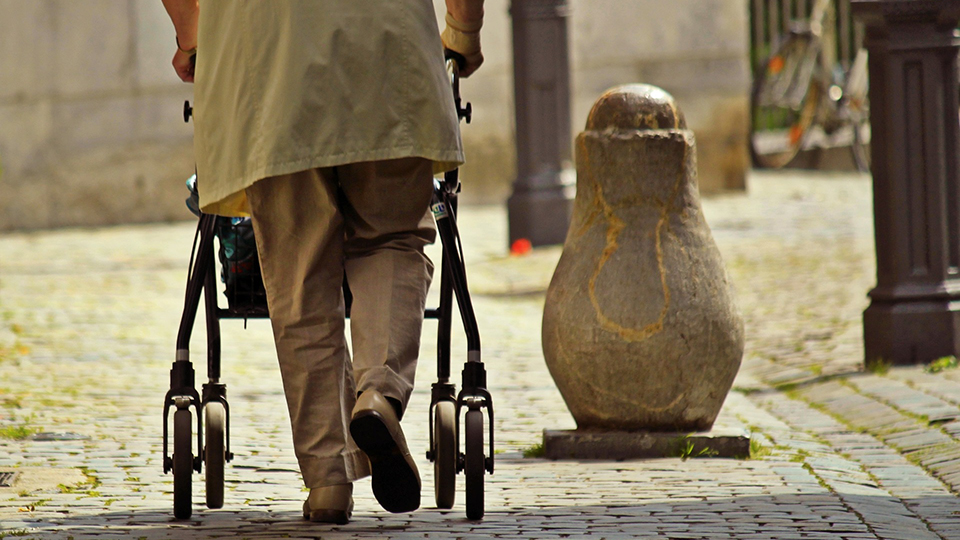Slow gait in seniors indicates probability of cognitive decline with potential development of future dementia
Published: 13 Nov 2020

Motoric Cognitive Risk Syndrome (MCR), the combination of slow gait (SG) and subjective cognitive decline (SCD), are known to be harbingers of Dementia. In a study published in The Journal of Nutrition, Health and Aging, Associate Professor Reshma Merchant from the NUS Yong Loo Lin School of Medicine and her team of researchers set out to better understand the prevalence and demographics of MCR, slow gait alone (SG-A) and subjective cognitive decline alone (SCD-A) in community-dwelling older adults and their association with physical, functional, cognition and psychosocial factors.
In a study group of 509 participants, the prevalence of MCR was 13.6%, SG-A 13.0% and SCD-A 35.0%. Prevalence of MCR doubled every decade in females, with 27.7% of females above age 80 presenting with MCR. Of these, almost 4 in 10 had no SG or SCD. MCR and SG-A groups were significantly older, had higher BMI, lower education, lower global cognition scores – especially in non-memory domains — and higher prevalence of low grip strength.
In addition, the group of patients that presented with SG-A had a significantly higher prevalence of multimorbidities, including diabetes and higher BMI. The prevalence of pain, depression, frailty, social isolation and impairment in performing Activities of Daily Living were also significantly higher in the presence of MCR.
Both MCR and slow gait are associated with global cognitive decline especially in the non-memory domains like attention and orientation, and lower functional scores. Gait speed is a good predictor of negative outcomes and should be considered as the ‘sixth’ vital sign.
Read more in the publication here.

